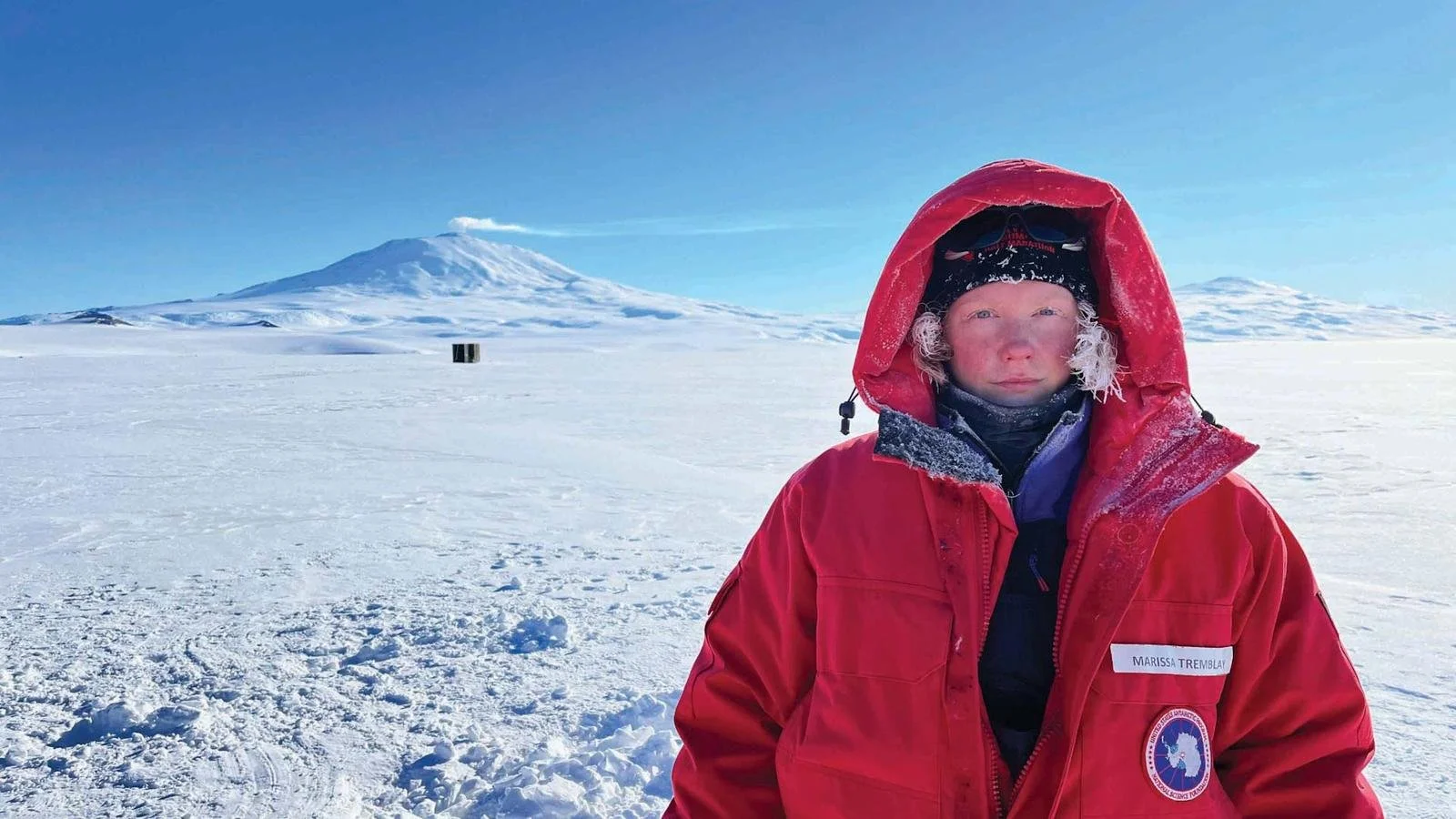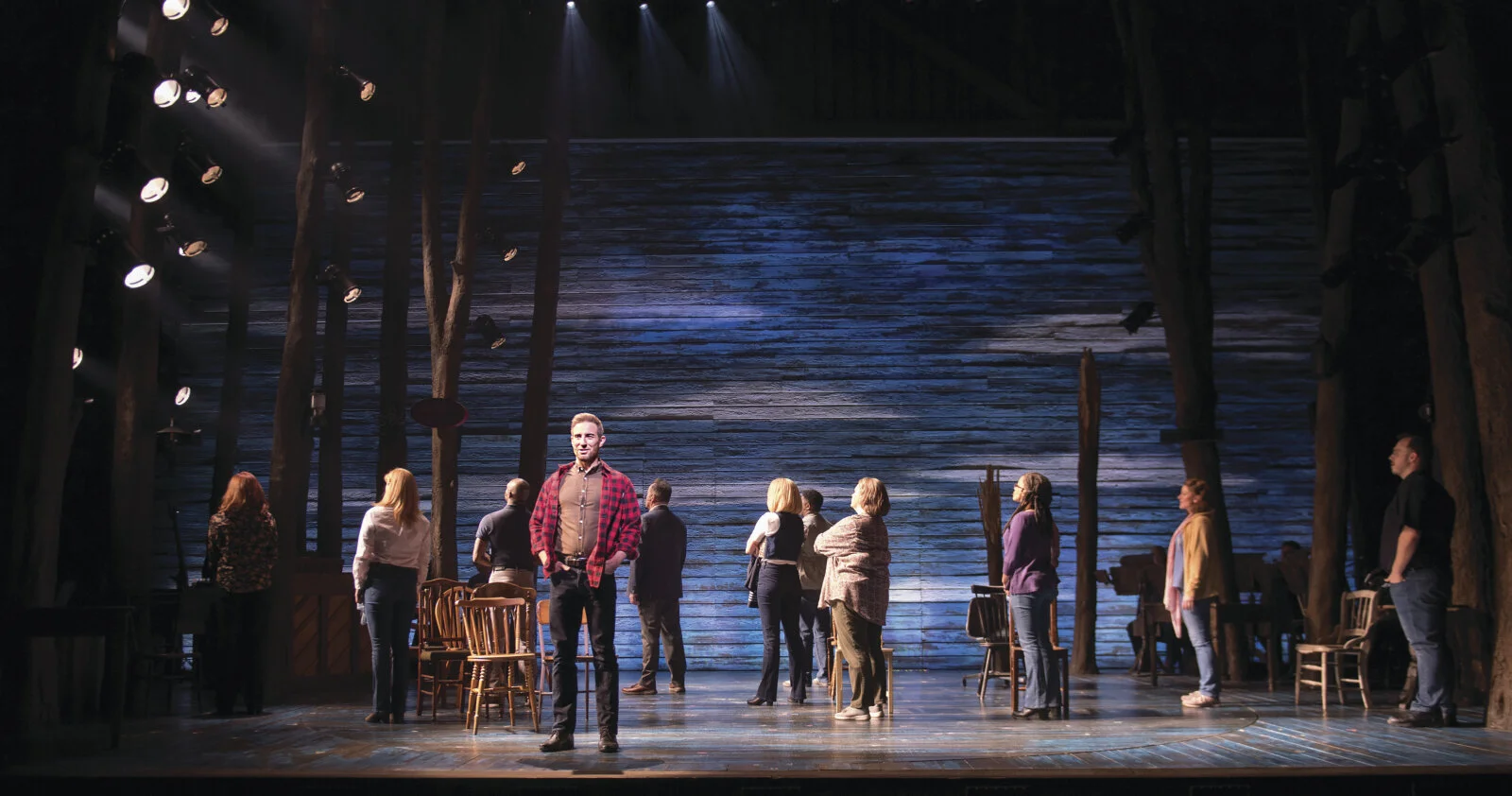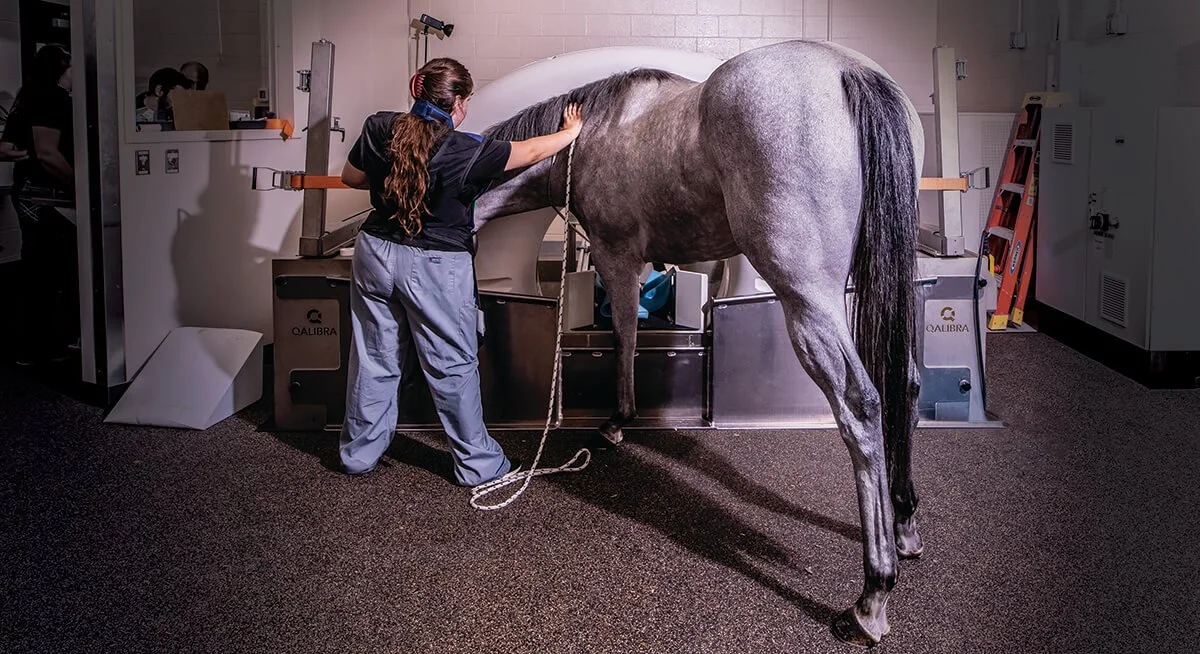Caesars Entertainment Equine Specialty Hospital Second Facility in the Country to Install Large Gantry CT Machine
The Caesars Entertainment Equine Specialty Hospital, a satellite facility of the Purdue University College of Veterinary Medicine, is among the first veterinary hospitals in the nation to install a specialized large gantry helical CT scanning machine. The device, manufactured by Qalibra, is adapted to the anatomy and behavior of equine patients and provides more advanced diagnostic capabilities for medical staff treating equine athletes by covering more anatomy with greater accuracy.













